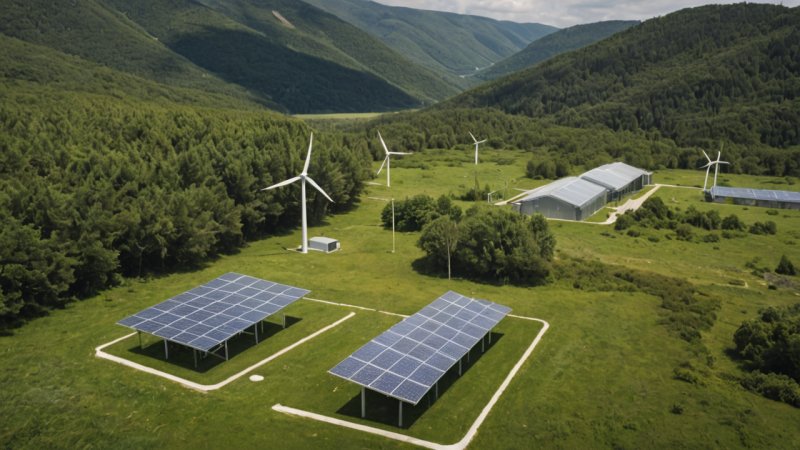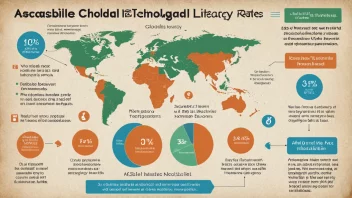As the world grapples with the escalating impacts of climate change, the urgency for sustainable solutions has never been more critical. Renewable energy has emerged as a beacon of hope, offering innovative pathways to protect our environment. Here, we explore some of the top innovations in renewable energy that are making significant strides toward a sustainable future.
One of the most groundbreaking innovations is the development of solar panels that can generate electricity even in low light conditions. Traditional solar panels require direct sunlight to function optimally, but new technologies, such as bifacial solar panels, can capture sunlight from both sides, significantly increasing efficiency. This not only maximizes energy production but also makes solar energy more accessible in diverse climates, paving the way for broader adoption in urban and rural areas alike.
Wind energy has also seen remarkable advancements, with the introduction of floating wind farms. Unlike traditional offshore wind farms anchored to the seabed, floating turbines can be placed in deeper waters where wind resources are stronger and more consistent. This innovation not only expands the potential for wind energy generation but also minimizes the impact on marine ecosystems, making it a more environmentally friendly option.
Another exciting development is the rise of energy storage technologies, particularly in batteries. As renewable energy sources like solar and wind are intermittent, innovative energy storage solutions are essential to ensure a reliable power supply. Companies are now developing advanced battery technologies that offer higher capacities and longer lifespans, such as solid-state batteries and flow batteries. These innovations help store excess energy generated during peak production times, which can then be used when demand is high or when production is low, ensuring a steady and dependable energy supply.
Hydrogen fuel cells represent another pivotal innovation in the renewable energy landscape. By harnessing hydrogen as a clean fuel source, these cells can produce electricity with water as the only byproduct, making them an environmentally friendly alternative to fossil fuels. With advancements in electrolyzer technology, which splits water into hydrogen and oxygen using renewable electricity, hydrogen fuel cells are becoming more efficient and cost-effective. This innovation has the potential to revolutionize transportation and industrial processes, significantly reducing greenhouse gas emissions.
Moreover, geothermal energy is gaining traction as a reliable and constant energy source. Innovative technologies, such as enhanced geothermal systems (EGS), allow for the extraction of heat from the Earth’s crust in areas previously considered unsuitable for geothermal energy production. This not only diversifies the energy mix but also provides a sustainable energy source that produces minimal environmental impact.
Lastly, the integration of smart grids and energy management systems is transforming how we utilize renewable energy. These technologies allow for better monitoring and distribution of energy, optimizing the use of renewable sources and enhancing grid reliability. By facilitating real-time data analysis and management, smart grids can significantly reduce energy waste and improve overall energy efficiency.
In conclusion, the innovations in renewable energy are not just technological advancements; they are essential components of our strategy for environmental protection. By adopting these technologies, we can mitigate climate change, reduce pollution, and create a sustainable future for generations to come. Individuals can contribute by advocating for renewable energy policies, supporting local projects, or simply choosing renewable energy options for their own homes. Every action counts in the collective fight for a healthier planet.
Top Innovations in Renewable Energy for Environmental Protection
Explore the latest innovations in renewable energy that are making significant strides toward a sustainable future.






